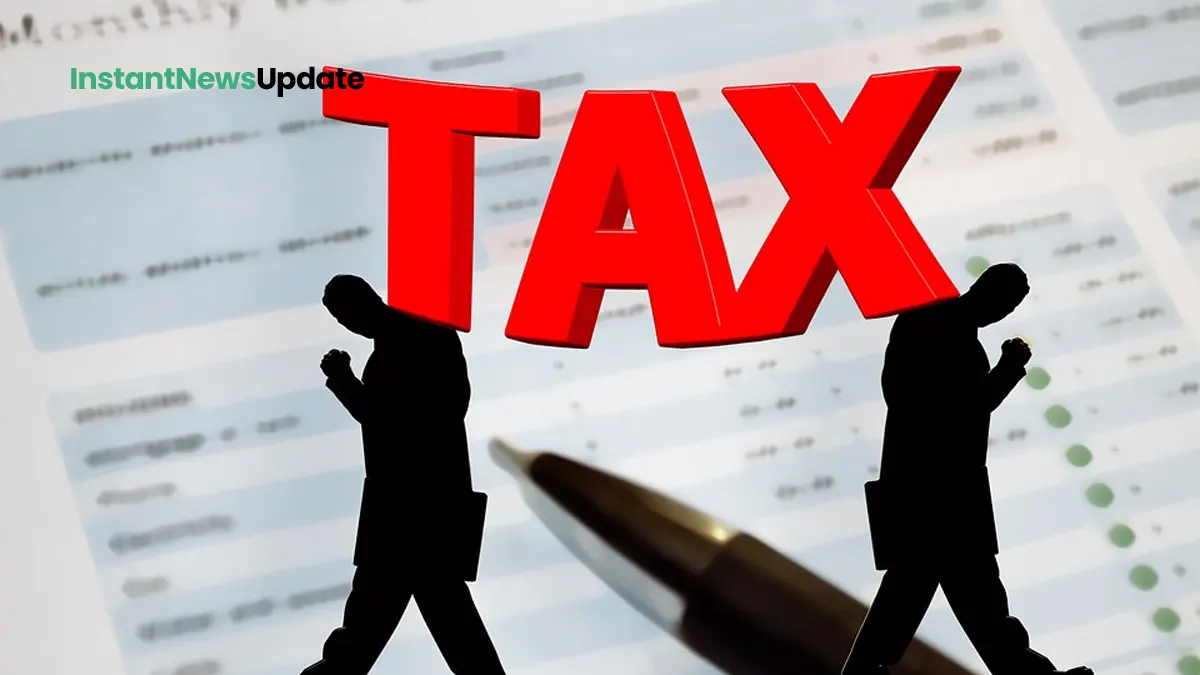Leading Retailers Express Concern Over Anticipated Tax Increase
In a letter addressed to Chancellor Jeremy Hunt, more than 40 prominent British businesses, including Tesco, Aldi, Ikea, Greggs, and M&S, have sounded the alarm about the potential consequences of rising taxes. These business leaders caution that increased taxes could significantly undermine the ongoing battle against inflation.
Anticipated Rise in Business Rates Sparks Concern
The central point of contention revolves around an expected increase in business rates exceeding £400 million in the coming year. This looming surge in costs is anticipated to make it more challenging for businesses to lower prices and could potentially force the closure of additional stores, thereby impacting investment in the retail sector.
Retailers’ Efforts to Mitigate Costs
The letter, signed by chief executives and chairmen representing various industries and coordinated by the British Retail Consortium (BRC), acknowledges that retailers have made concerted efforts to absorb additional costs amid record levels of inflation over the past 18 months. These endeavors have yielded results, with shop price inflation declining to 6.9% in August, down from a peak of 9.0% in May.
Warning of Inflationary Impact
However, the letter goes on to emphasize that an inflationary increase in business rates could counteract this progress. The projected £400 million addition to the industry’s cost base is seen as a significant threat to the ongoing fight against inflation.
Call to Freeze the Business Rates Multiplier
The CEOs and chairpersons, including Alex Baldock of Currys, Andrew Rennie of Domino’s Pizza, and Manju Malhotra of Harvey Nichols, have united in calling for Chancellor Hunt’s support to combat inflation. They propose freezing the business rates multiplier at its current level to prevent further cost escalation.
Business Rates Multiplier’s Impact
The business rates multiplier, which is applied to the rateable value of properties to calculate the tax due, typically increases each April in alignment with the previous September’s inflation rate.
Previous Store Closures and Industry Challenges
The retailers highlight that the UK has already witnessed the closure of 6,000 stores in the past five years. A survey of BRC members indicates that two-thirds of store closures between 2019 and 2021 were partly attributable to the impact of business rates. These concerns come amidst a backdrop of various other cost pressures faced by businesses, including global supply chain issues and labor market challenges.
OBR Forecasts and Broader Impact
Forecasts from the Office for Budget Responsibility (OBR) indicate that business rates will amount to £29.9 billion in the current financial year and are projected to increase to £35.1 billion next year. It’s important to note that these rates are levied on business premises across industries, not just within the retail sector.
Business Rates’ Impact on the Economy
Helen Dickinson, Chief Executive of the BRC, underscores the detrimental impact of business rates, noting that a £400 million rate increase would not only impact jobs but also harm the economy and the vitality of town and city centers. Unlike other business taxes that fluctuate with economic conditions, business rates must be paid in full, whether businesses are profitable or not.
Treasury’s Response
A Treasury spokesman responded, highlighting that the multiplier has been frozen for three consecutive years at a cost of £14.5 billion. Additionally, the government has provided a 75% relief for retail, hospitality, and leisure properties, amounting to a tax cut of over £2 billion for approximately 230,000 businesses. The statement reaffirms that all taxes are subject to review.
Upcoming Autumn Statement
Chancellor Jeremy Hunt’s Autumn Statement, scheduled for November 22, is expected to provide insights into future tax and spending decisions.








